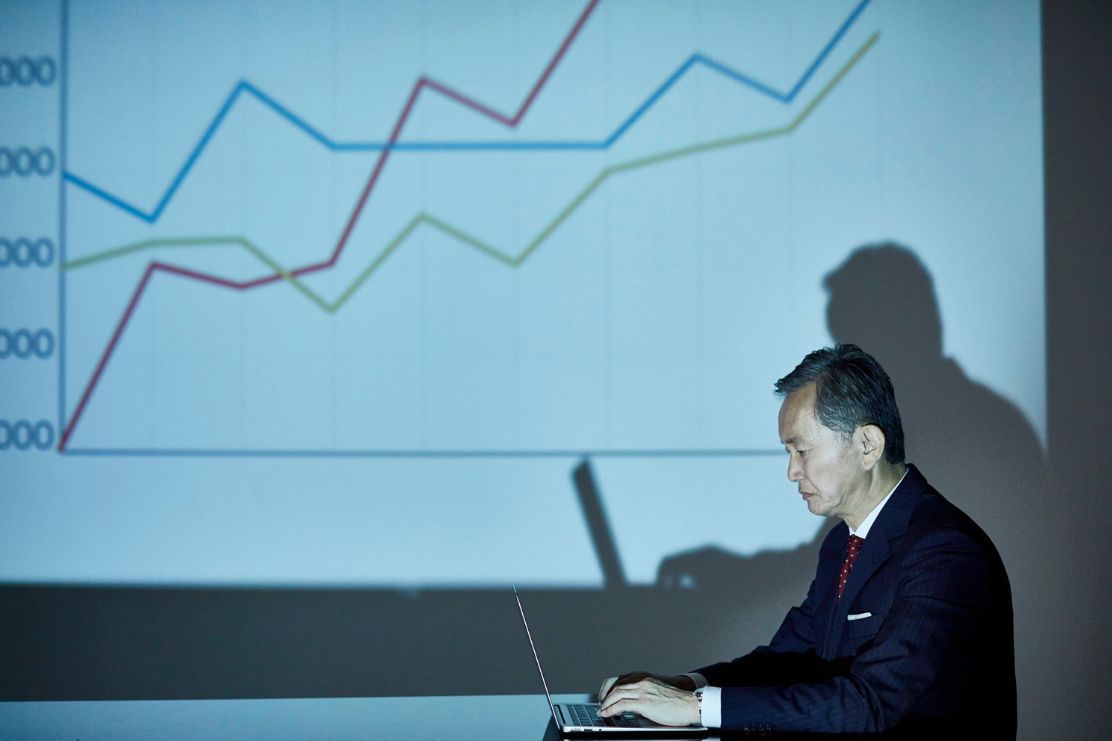
The field of human resources is evolving rapidly. In the second half of Q2 2025, HR leaders are shifting their focus from daily operations to strategic, data-driven planning.
At Beneflo, we are tracking key trends that are making difference the employee experience. Here’s what lies ahead.
AI’s Evolving Role in HR
AI is becoming a core component of HR strategy, moving beyond simple automation to sophisticated analytics. Companies are now using AI to forecast talent needs, customize employee development plans, and identify potential turnover risks. The focus is on implementing ethical AI systems that ensure fairness and transparency in all processes.
This integration of AI allows HR professionals to concentrate on high-value, human-centric work, such as talent management and culture.
Flexible Work as the Standard
Hybrid and remote work models are now standard practice. A recent Gallup report confirms that most remote-capable employees are working in a hybrid or fully remote setting.
For companies to remain competitive, their work models must focus on outcomes, not on physical presence. This also includes using “talent clouds,” which allow organizations to access a global network of experts for specific projects.
Personalized Benefits for a Diverse Workforce
The traditional, one-size-fits-all benefits package is outdated. As companies manage rising costs, they are redesigning their offerings. While essential health benefits remain, a more strategic approach is emerging to meet diverse employee needs.
A modern benefits strategy now includes:
- Financial Wellness: Support that addresses immediate financial security
- Health and Mental Well-being: A comprehensive approach that includes proactive care
- Personal Development: Opportunities for continuous learning and career growth
At Beneflo, we believe offering freedom of choice is no longer a luxury – it is a competitive necessity. By empowering employees to choose the benefits that matter most to them, companies can increase engagement and retain talent.
The Shift to a Skills-Based Economy
The demand for talent is driving a move away from traditional credentials toward a focus on skills. Organizations are using data to identify current skill gaps and predict future needs. This allows them to invest in reskilling and upskilling their current workforce, building an adaptable talent pool that can respond to market changes.
This approach provides clear career paths and ensures employees remain valuable in a constantly growing job market.